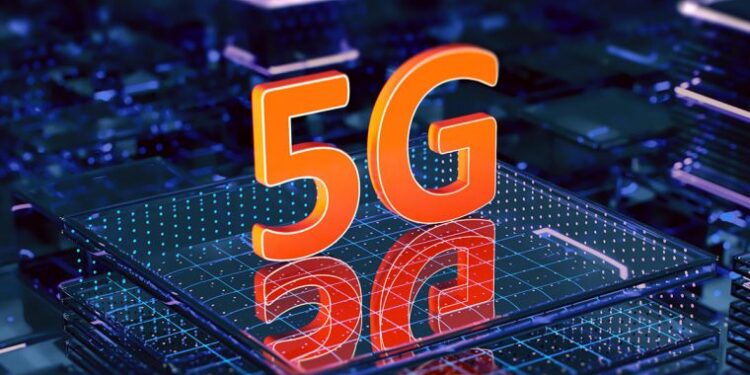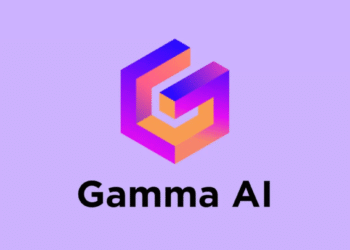Telecommunication company, Mafab Communications, is set to announce the launch of its 5G network services as well as unveil its new brand logo in Nigeria’s capital city, Abuja, and commercial hub, Lagos.
According to a recent BusinessDay report, the company’s logo reveal will take place at exclusive events on Tuesday, 24th January in Abuja and Thursday, 26th January in Lagos. The report states that the event is open only to specially invited guests and members of the press.
After winning the 3.5GHz spectrum auction alongside MTN Nigeria in December 2021, Mafab has been patiently waiting to roll out its 5G services as it was discovered that the company was unprepared to launch its services by the September 2022 deadline. The NCC consequently granted the company a five-month extension to launch its service.
Mafab stated that it was only able to move forward with the launch after receiving the necessary unified operational license (USAL) and numbering plan in late July.
“We are fully committed to bringing the benefits of 5G services to Nigerians and deploying a network that will drive economic development with increased broadband capabilities nationwide,” said Musbahu Bashir, chairman, Mafab Communications Limited when commenting on the development.
According to sources, Mafab had received interest from investors for collaboration or potential mergers. However, the company’s main focus clearly lies on constructing its sites across the country.
MTN, the other company which received the licence alongside Mafab in 2021, is the first telecom operator to launch 5G network at a commercial level in the country. Airtel, which obtained its license in December 2022, has already paid for the license and an additional 4G spectrum in January. It is unclear if the launch in Abuja indicates that the 5G service will be available in the capital city.
Nigeria, like many other nations, has experienced a growth in internet penetration and a transformation in connectivity. The telecommunication industry has been instrumental in providing access to nearly all regions of the country. A huge percentage of the country’s population uses a smartphone as digitisation continues to be on the rise.
In December 2022, President Muhammadu Buhari announced that the 5G spectrum auctions held that year had generated $547 million for Nigeria. This showcases how the IT sector’s 18.47% contribution to the nation’s GDP has had a substantial impact on economic growth.




